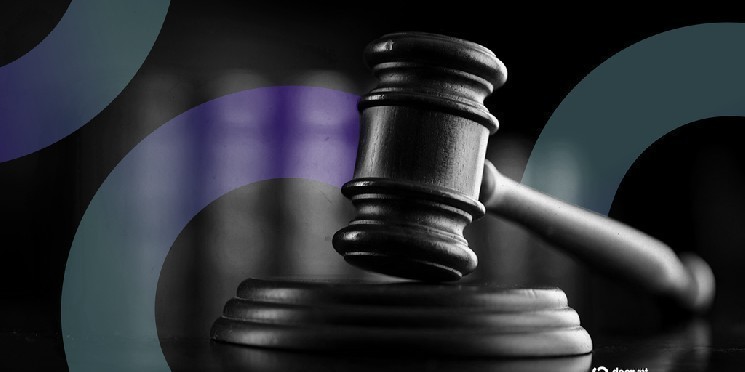Binance and its co-founder, Changpeng Zhao, were hit with a new lawsuit on Monday alleging the exchange created a system over a six-year period that enabled crypto transactions linked to Hamas.
The complaint, filed in federal court in North Dakota, marks another civil action accusing the company of facilitating transactions connected to groups the U.S. designates as terrorist organizations.
Other such cases include Raanan et al. v. Binance Holdings Limited in the Southern District Court of New York and Rosenberg et al. v. Binance Holdings Ltd.
Brought on by over 300 families of Americans killed or injured in attacks attributed to Hamas, the lawsuit claims Binance’s corporate structure and compliance practices allowed users tied to terrorist groups to move funds through the centralized crypto exchange.
It further claims Binance lacked adequate controls from 2017 through at least 2023, pointing to weak customer verification, omnibus wallets that commingled assets, and internal communication practices that limited oversight.
“Binance not only knowingly provided financial services to Hamas; it actively tried to shield its Hamas customers and their funds from scrutiny by U.S. regulators or law enforcement—a practice that continues to this day,” a copy of the lawsuit provided to Decrypt by the plaintiffs’ legal counsel at Willkie Farr & Gallagher LLP reads.
It claims that Binance relied on pooled wallets, limited record-keeping, and weak identity checks, which the plaintiffs argue made it challenging to determine who was transacting on the platform.
“We believe these allegations make clear that Binance bears liability for the October 7 attacks,” former Ambassador Lee Wolosky, representing the victims, told Decrypt.
Wolosky, who previously served as Director for Transnational Threats on the U.S. National Security Council under Presidents Clinton and Bush, also said Binance “must be held accountable, and it will be.”
Hamas’ assault on October 7, 2023, resulted in over 1,200 people killed, including at least 809 civilians, with around 252 people taken hostage, according to a U.N. Human Rights Council report citing Israeli authorities.
Links and networks
The complaint opens with allegations about how Binance was structured and operated during the period in question.
It claims the exchange ran through a network of offshore entities allegedly controlled by Changpeng Zhao, maintained no fixed headquarters, and relied on pooled custody and short-term record-keeping.
Those design choices created an environment where identifying individual users or tracing specific transfers became difficult, even as activity on the platform grew, according to the lawsuit.
The complaint alleges that Zhao’s decisions kept certain transactions from U.S. authorities and that he directed employees to disguise customer locations to mislead regulators.
Binance’s legal troubles escalated in 2023 when the company agreed to a $4.3 billion settlement with U.S. authorities over anti-money laundering and sanctions violations.
Zhao pleaded guilty to failing to maintain an effective AML program and stepped down as CEO as part of the deal. He served a short federal sentence before receiving a presidential pardon from President Donald Trump last month.
“No matter how much an exchange KYCs someone, [there is] ultimately no link between that identity and the counterparty’s sending or receiving addresses on any chain,” Wolosky said, adding that the scheme is “incredibly common” and that “the tech to stop it doesn’t exist, so it’s rampant.”
Bloomberg was first to report on Monday’s case. Decrypt has reached out to Binance for comment

